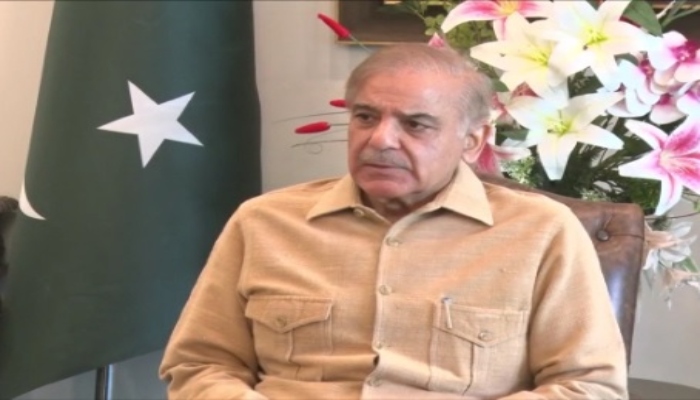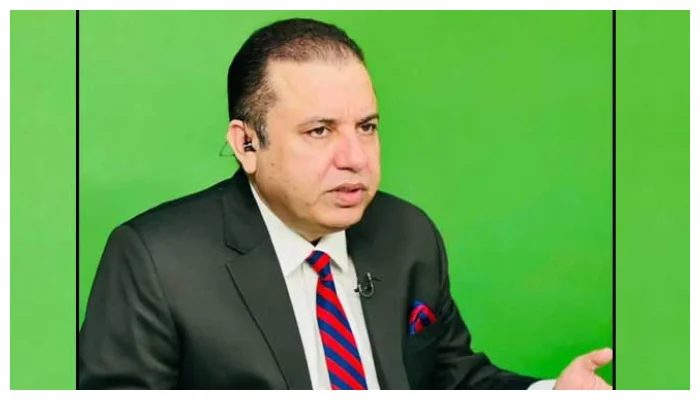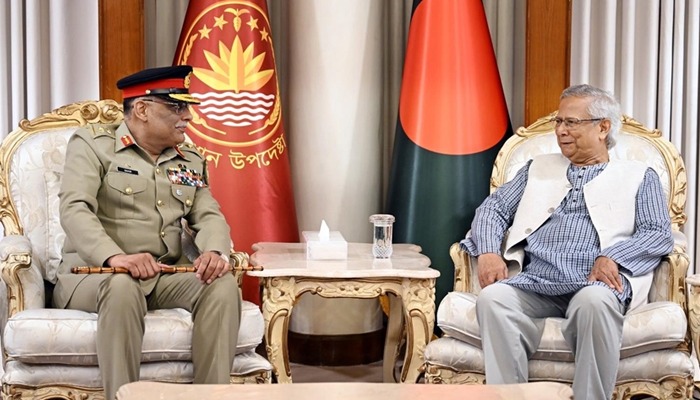ISLAMABAD: Prime Minister Shehbaz Sharif Friday asked the Chairman of Federal Board of Revenue Dr Muhammad Ashfaq to submit a report on the tax revenue.
During a meeting with the prime minister, the FBR chairman briefed the prime minister about the current tax collection. He also apprised the prime minister of the overall performance of the FBR.
Manwhile, Chairman Dr Ashfaq Ahmed has expressed his willingness to reduce the audit period to three years from the current six years, a statement said.
During his visit to the Federation of Pakistan Chambers of Commerce and Industry (FPCCI), the FBR chairman apprised that the FBR has performed well despite the debilitating economic conditions due to Covid-19 pandemic and has collected record taxes.
He also expressed his optimism that the FBR can soon achieve a tax-to-GDP ratio of 12 per cent.
On the question of refunds, Ahmed said, “We are moving towards a real-time refunds system where we aim to reform the refunds system in a way that refunds will be processed swiftly, if the claims are verified and no liabilities are outstanding.”
He called upon the business community to prepare sector-specific recommendations to be incorporated into the budget–making exercise from the platform of the FPCCI. He also admitted that all is not well with the tax collection system and major reforms and studies are underway.
FPCCI President Irfan Iqbal Sheikh put forward the concerns and complaints of the business, industry and trade community of Pakistan to the FBR during the detailed visit of its chairman; along with the top brass of the FBR.
FPCCI President said that the excessive and unsubstantiated tax notices; maladministration and corrupt elements; requirement of buyers’ NIC copy; huge backlog of refund cases; double taxation; misuse of erstwhile FATA and PATA exemptions; higher rates of corporate, sales and withholding taxes; mandatory POS integration with the FBR; multiplicity of income tax slabs and SRO culture are the major impediments in reforming the taxation system and broadening of the tax base



















